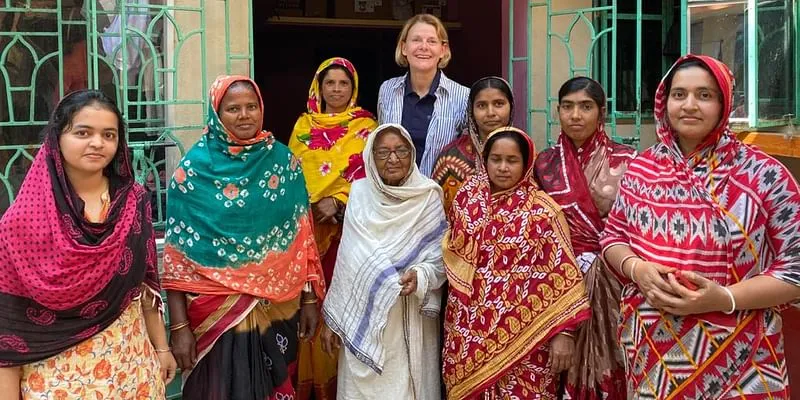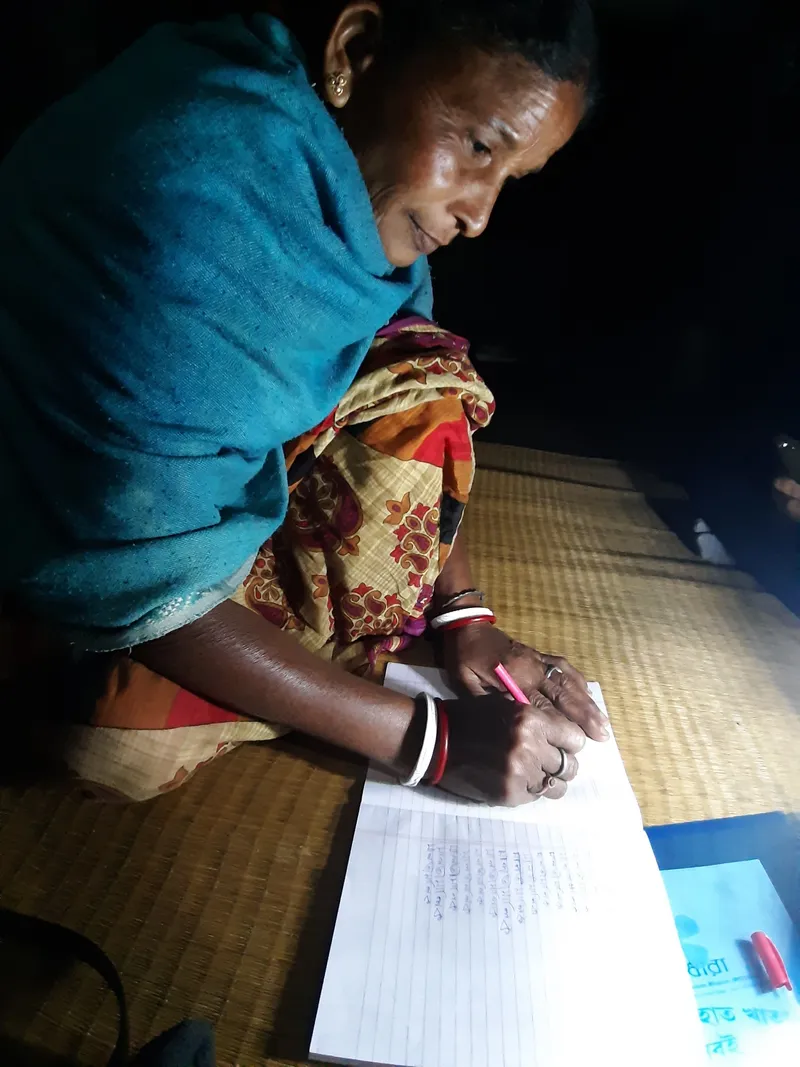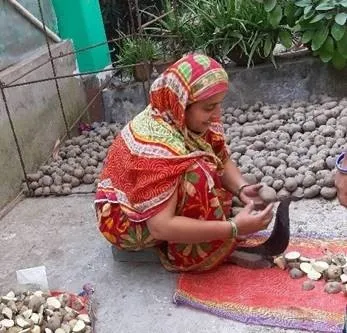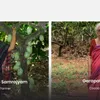How these women potato farmers in West Bengal are becoming agents of change within their communities
Meet Malati and Shamima, women potato farmers from villages in West Bengal, empowered by PespiCo’s and USAID’s Sustainable Farming Program. The training programme educates them on sustainable farming practices, best irrigation and crop rotation techniques, financial literacy, and entrepreneurship.
In 2019, PepsiCo partnered with the US Agency for International Development (USAID) under the Women’s Global Development and Prosperity (W-GDP) initiative to empower women in agriculture and help build a more sustainable food system. This partnership empowers women farmers with new skills and knowledge under PepsiCo’s Sustainable Farming Program in the potato value chain in West Bengal, India.
Globally, last year, PepsiCo and USAID announced a $20 million partnership to demonstrate that investing in women in PepsiCo’s supply chains can lead to greater profitability and sustainability, as well as development outcomes, like gender equality and economic growth.

Women who are part of the empowerment programme along with officials
In India, a pilot project was launched in West Bengal, where PepsiCo India has been working with USAID for over two years to empower women farmers by educating them on sustainable farming practices, best irrigation and crop rotation techniques, financial literacy, entrepreneurship, etc. through training programmes. These help them become lead farmers on their own.
Other community initiatives include supporting women to lease land, training men and women to support gender norms and change, and engaging male champions to design local approaches to more equitable and sustainable agriculture.
“So far, we have provided potato production training for 1,000 women farmers and gender awareness training to 32 PepsiCo India staff and partners, and developed a gender-based violence training module. This year, the partnership expects to reach 1,500 women farmers, during West Bengal’s potato growing season. Ultimately, it is expected that the training programme in West Bengal will reach more than 300,000 women through direct and community engagement in the next few years,” says Pratap Bose, Associate Director - Agriculture, PepsiCo India.
PepsiCo India and USAID also support the women farmers to lease land to work on the farmlands and could benefit from it independently.
HerStory spoke to two women farmers to discover how their lives have changed after joining the women’s empowerment programme.
Malati Malik, Harishchandrapur village

Malati Malik
Harishchandrapur lies to the West of Mahananda River and the north of Kalindri in Hooghly, West Bengal. Owing to alluvial soils and the abundance of rivers, it is an important agricultural region and has a dense human settlement. However, the district is listed as backward and receives financial support from the Backward Regions Grant Fund.
Malati belongs to a potato farming household and has been working with PepsiCo India for over two years now under the company’s ‘Women Empowerment Initiative’. A farmer for the past 22 years, Malati, along with her husband, owns 0.8 acres of farmland.
Talking about the perceptible difference after joining the programme, Malati says, “The training modules have helped us make use of best Agri practices which have eventually worked wonders for us in terms of increased produce with better output. Now, we understand what exactly goes into the whole process of potato cultivation and how each step plays a significant role.”
Before joining PepsiCo India’s ‘Women Empowerment Initiative’, Malati used to help her husband, a PepsiCo India aggregator, in the field and grow other variety seeds that were not very profitable. The prices also fluctuated. During that time, she wasn’t exposed to any kind of agri and farming-related training and had no access to chemicals necessary to prevent crop failures.
Now, Malati speaks of an evident difference in profit margins.
“I have started earning more after working with the company, which was impossible earlier. The buyback of the final product at pre-agreed prices has relieved me from worrying about price fluctuations. Apart from the financial aspect, I am happy to witness how agricultural training is specially organised for women farmers and how these regular sessions have been benefiting our community,” she adds.
Malati is a change agent – apart from becoming well-versed with the farming process, she also educates her husband on various aspects like the nutrition potato plants need, how to deal with common pests, etc.
With the profits she recently earned, she managed to construct a tube well and toilet for her family – basic amenities possible only after joining the Women’s Empowerment Programme.
“I want to buy more agricultural land and build a house for my family. I am also planning to go for group cultivation in the coming potato season,” Malati says.
Shamima, Molaypur village

Shamima
Shamima hails from Molaypur village in Hooghly, West Bengal, and has been associated with PepsiCo India for more than two years.
A homemaker and a wife in a potato farming household before joining PepsiCo and USAID’s Women Empowerment Program. Today, she is also the group leader of the Eid Mubarak Self Help Group.
Malaypur-i village is 72 km west of district headquarters Hugli-Chuchura and is on the border of the Hooghly and Bardhaman districts. Agriculture is the main occupation for the villagers.
She explains: “PepsiCo India trains us on different aspects of growing potatoes, advising us on the right kind of pesticide and fertiliser, due to which our yield has also improved. I am now independently working in the field and supplying potatoes to PepsiCo India. Additionally, my other SHG members and I could produce equivalent produce in quality and quantity from a unit area of land like other male farmers in the community. Now, I can support my husband in his business and other fellow members on different stages of farming whenever needed.”
Shamima says she earns decent profits, which has helped her contribute to household expenses and support her daughter, who is currently preparing for the NEET exam.
“From not earning a single penny to managing the household shoulder-to-shoulder with my husband, I feel I have come a long way. This year I was able to increase my profits to Rs 56,000 for the group,” Shamima says.
Edited by Teja Lele








